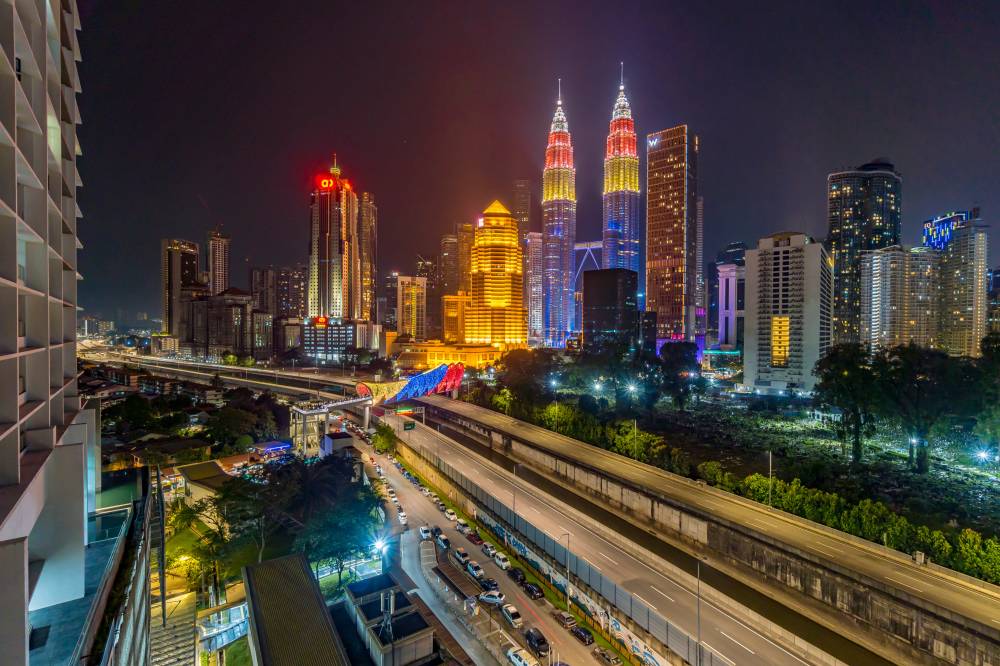The myth of meritocracy: How wealth perpetuates privilege
Is meritocracy a fair game? The hidden advantages of the wealthy

SHAH ALAM - Meritocracy, often seen as a fair system where success is based on talent and effort, is fundamentally flawed when wealth and resources remain concentrated in the hands of a few.
This concentration enables the privileged to secure advantages for future generations, while others struggle to escape cycles of poverty.
According to Feminomics Malaysia founder Atyrah Hanim, access to elite education and other privileges allows the wealthy to sustain their legacy and accumulate intergenerational wealth.
"Meritocracy is flawed in the sense that when you have the capital, you can send your child to the best schools, such as private international institutions.
"With financial resources, you can preserve your legacy and ensure wealth flows through generations," she said during Sinar Daily’s Wacana English Edition titled “Nepo Babies: Alive and Well in Malaysia?”
She argued that this creates an uneven playing field, where the wealthy continue to benefit while those from impoverished backgrounds are left behind.
"People in poverty tend to focus on immediate survival. There's a Malay idiom, 'kais pagi makan pagi, kais petang makan petang' (Living hand to mouth).
"They are not thinking about stocks, brokerage or other financial strategies," she said.
Atyrah pointed out that resources necessary to break free from poverty are often inaccessible to those who need them most.
"For instance, I can guide my children towards elite institutions like Malay College Kuala Kangsar (MCKK) or Tengku Kurshiah College because I have the means.
"Those who lack resources can barely afford daily necessities, let alone plan for such opportunities," she said.
She also addressed the difficulties underprivileged individuals face in accessing scholarships.
"Many don't know where to look or which channels offer scholarships.
"Despite the idea of meritocracy, the lack of resources keeps them from progressing to the next stage in life," she said.
Atyrah cited a World Bank study commissioned by Economy Minister Rafizi Ramli, which found that 70 per cent of Malaysians believe they cannot improve their economic situation.
"If I’m not mistaken, nearly 50 per cent of Malaysians are struggling to advance beyond their current circumstances," she added.
Family background also plays a crucial role in shaping an individual's trajectory.
"Harvard studies indicate that a person’s career is significantly influenced by their parents’ occupations.
"When you have access to resources, you ensure they stay within your family and network. That’s the core issue," she added.
This becomes particularly problematic in the context of public office and public funds.
"When discussing public office or government funds, privileges often come at the expense of others.
"People with connections receive appointments, contracts or tenders not due to merit but because of their networks. This doesn’t happen in isolation and it affects those without such advantages," she said.
Download Sinar Daily application.Click Here!















